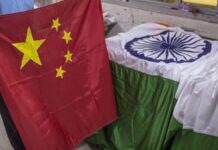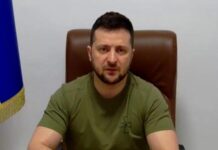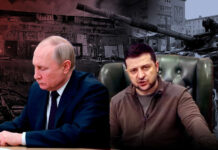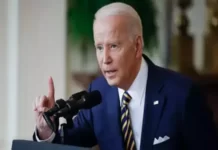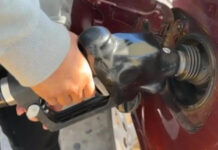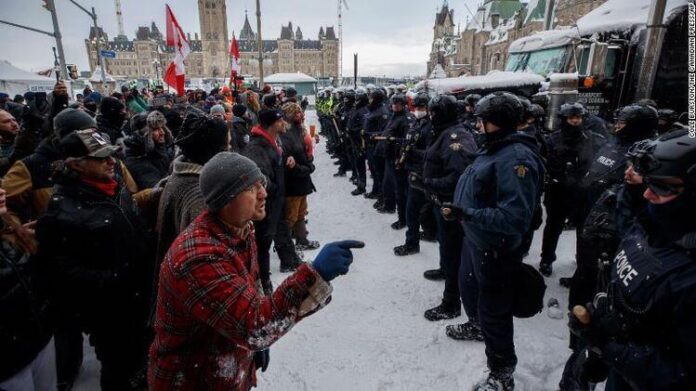
Another weekend of demonstrations over Canada’s Covid-19 mandates resulted in approximately 200 arrests in the nation’s capital, as officials sought to put a stop to the weeks-long standoff by towing vehicles and levying financial fines on protestors.
Over the weekend, police used pepper spray and increased techniques to disperse crowds and make arrests in front of the Parliament building, according to police. Protesters using smoke grenades and pyrotechnics, as well as individuals wearing body armour, were among those arrested, according to police.
A lady was allegedly critically hurt during an encounter with a police officer on a horse, and a second incident in which an officer fired a less-than-lethal rifle at demonstrators is being investigated by Ontario’s Special Investigation Unit.
At a press conference on Sunday, Ottawa Interim Police Chief Steve Bell said the number of demonstrators had dropped dramatically. He did say, however, that inhabitants in the downtown area had awoken to fence and a “very substantial police presence,” as well as checkpoints all across the city.
According to Bell, 191 protestors were detained and 107 individuals were charged. According to him, the charges included impeding police, defying a court order, assault, mischief, weapon possession, and attacking a police officer.
At the news conference, Chris Harkins, deputy commissioner of the Ontario Provincial Police, said that 76 automobiles had been seized and impounded.
A group of truck drivers opposed to a Covid-19 immunisation and testing mandate launched the Ottawa demonstrations in late January. However, others from outside the trucking business have joined in to express their displeasure with a variety of additional Covid-19 health initiatives, such as the need that students wear masks in school.
Officials promised to put a stop to the demonstrations by using extraordinary measures, such as the Emergencies Act. Although the legislation authorises the Canadian government to use armed forces, Prime Minister Justin Trudeau has stated that troops are not required.
At a press conference on Sunday, Mike Duheme, deputy commissioner of federal policing for the Royal Canadian Mounted Police (RCMP), said the Emergencies Act had aided the police operation.
According to Duheme, Canadian authorities blocked the funds of some individuals and firms suspected of being involved in the demonstration on Sunday.
According to Duheme, the RCMP froze 206 financial items, including bank and corporate accounts, exposed 56 entities related with cars, persons, and corporations, shared 253 bitcoin addresses with virtual currency exchangers, and froze a payment processing account worth $3.8 million.
Meanwhile, Canadian officials said on Saturday that small companies that were unable to operate due to blockades and experienced financial losses may apply for a grant of up to $10,000 that they would not have to repay.

